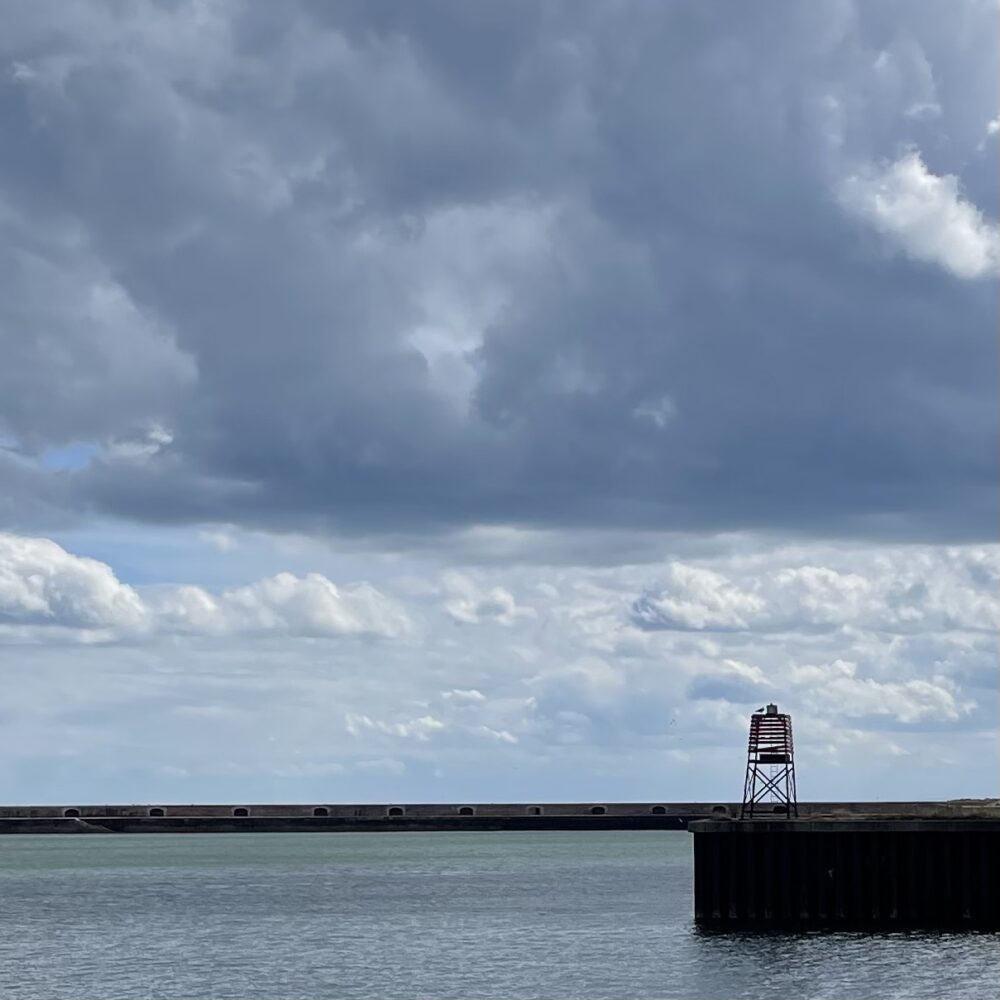Lighthouses

As I wandered along the coast at Roker and Seaburn, I began wondering about the fate of lighthouse keepers. I can well imagine that they thought their job would be there forever, and that the human aspect of lighthouse-keeping could never be replaced. Even as electricity replaced other modes of power, I can hear their voices musing that a human presence would still be required. Even if the operation of the light could be automated, lighthouse keepers with their local knowledge do so much more than maintain the light, and can understand the local conditions better than any automated system. It may not be their primary function, but lighthouse keepers were responsible for some remarkably heroic rescues over the years: no automated system could replace that.
And yet here we are, a quarter of a century on from having any staffed lighthouses in the UK, after every lighthouse keeper in the country was replaced by automation in a transition lasting less than two decades.

Many experts predict that artificial intelligence will replace numerous professions in the UK within the next few years. I’m sceptical: maybe because I work in health. There is much in my field that could be (and is already) aided by artificial intelligence, but it strikes me that the human-to-human relationship is the most important part of a lot of medicine. It’s hard to see that being replaced.
Perhaps, though, I’m the medical equivalent of a lighthouse keeper, falsely predicting my own continued necessity in the face of the unstoppable march of automation.

This post was filed under: Post-a-day 2023, Sunderland.